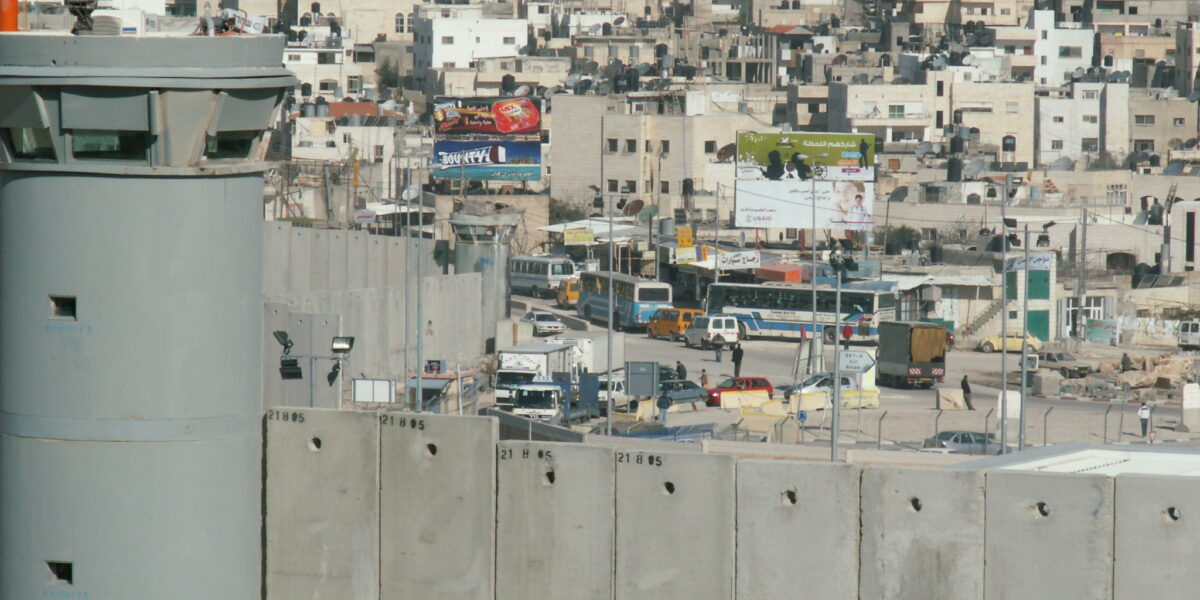The face-to-face slaughter of the unarmed by the armed seems like the epitome of terrorism.
CNN reporter Clarissa Ward, at one of the shattered Israeli communities just outside Gaza, spoke about a horrid sense of intimacy in those massacres, a personal connection between murderers and their victims. She scrupulously added that she wasn’t suggesting there’s anything less barbaric in killing innocent people with drones but still, it’s different. It was impressive to see a journalist being so emotionally engaged yet still somehow objective.
I don’t know where on this ghastly spectrum you’d put my friend, Dr. Izzeldin Abuelaish, from Gaza and now on U of T’s medical faculty. During Israel’s 2009 invasion of Gaza, he went into one of his kids’ bedrooms to find his daughter had been decapitated by shelling from a tank. “There was brain matter on the ceiling, girls’ hands and feet on the floor as if dropped there by someone who had left in a hurry.” His eldest three daughters and a niece were dead.
It wasn’t face-to-face and they may not have been specifically targeted but when you unleash lethal violence from ground and air in a crowded setting like Gaza, many innocents will inevitably die. There may be a distinction between personal and impersonal barbarism, or not, but how much could it matter to those slaughtered and those who loved and survive them?
The fine Irish journalist, Patrick Cockburn, who covered the Mideast for years, has long argued that embargoes and sanctions should count as war crimes because they torture and kill people as surely as bombs, tanks or machetes.
Izzeldin’s response was, I shall not hate, the title of his book, which he and his five remaining kids embody. Why not hate? Because the response to terror cannot be more terror. It desecrates the memory of those who’ve been lost.
I think Israel’s military response to the massacres should be located in this context. An Israeli defence official was widely quoted as saying Gaza would be reduced to rubble by a “ground manoeuvre,” i.e., an invasion, and “will eventually turn into a city of tents. There will be no buildings.”
This seems to me counter to Israel’s avowed goal to “crush and destroy” Hamas, making every member “a dead man” (Prime Minister Netanyahu). Hamas lives mainly underground, sometimes several stories below and moves through tunnels that even lead beyond Gaza. So bombing Gaza into rubble might kill everyone except Hamas.
Yet out of this hell, could there be a way forward? Possibly, if improbably.
For years, since the Hamas takeover in Gaza (sadly, via an election), the goal of two states has faded, replaced by a different solution: Israel expanded its settlements in the West Bank and suppressed Palestinian unrest through policing there and periodic military assaults (“mowing the lawn”) in Gaza. This was the status quo and it seemed to work — for Israel — until now.
Now, for the first time, an internal Palestinian force breached Israeli security and stayed. This was unlike the fedayeen terrorists of the 1950s, who slipped in and out by night, suicide attacks in the intefadeh, or wars with Arab states on their land. The slaughter and kidnapping were nightmarish but even without them, the incursions would’ve been deeply unsettling. Israelis’ sense of security was so solid that 3,500 youth could celebrate all night only five kilometres from Gaza. That’s not likely to happen again and it is the status quo that’s been broken.
It opens the way to seeking a new status quo. Recently, a “one-state solution” had seemed to replace the two-state model. But in perspective, that seems hopelessly naïve. These populations aren’t ready to cohabit. In 50 years, maybe. For Palestinians it’d likely mean a puny rump state but given what the present status quo means for them, they might go for it. And so, hope revives.
Hope is hard, it includes the possibility of failure and disappointment. Despair lets you get to sleep, in its own misery-ridden way.
This column originally appeared in the Toronto Star.



